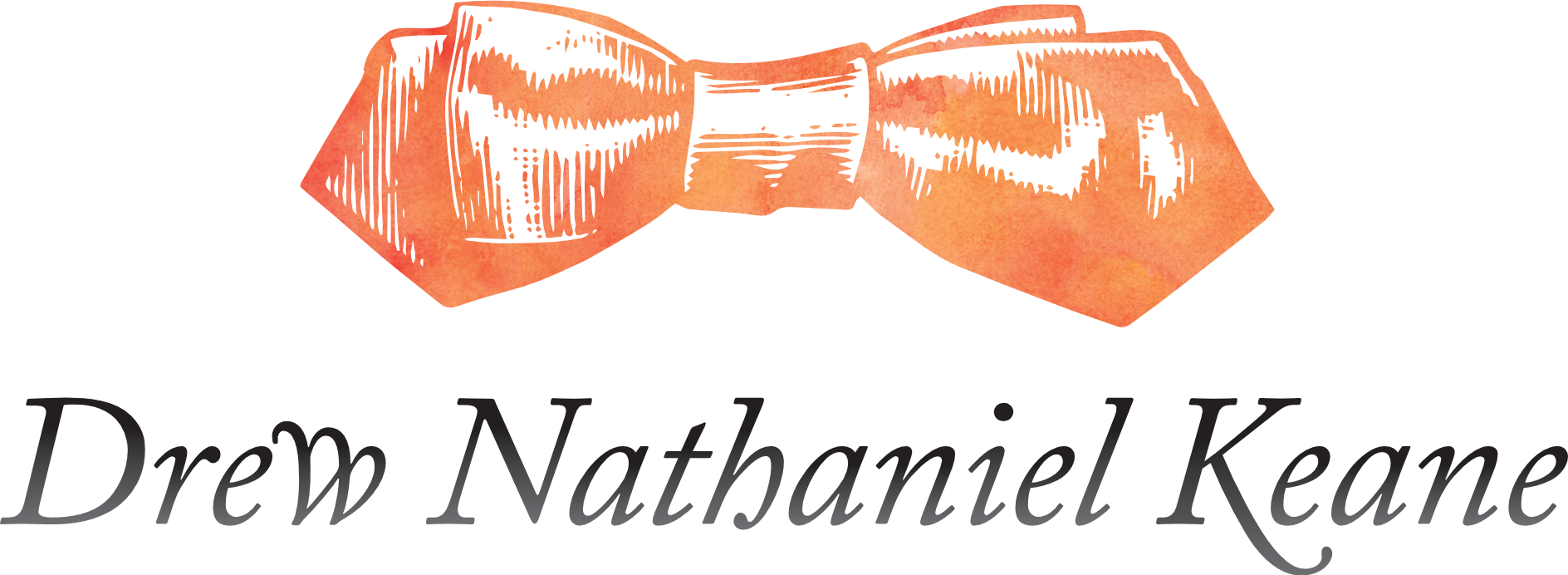Books are Social Projects
Books are social projects. Even when the name of only one author appears under a title, this merely obscures the fact, prioritizing the contribution of the one most responsible for the first draft of the work. Anyone who has written a first draft of any difficult piece of writing knows how much it can differ from the final product. More often than not the idea for the work is suggested by reading something else, but it might also have been suggested by a friend, colleague, or even a bête noire. The arguments advanced are made with reference to other arguments (hopefully all documented) and were undoubtedly developed in countless conversations with others (whose participation in the writing process may well go undocumented and may even be unremembered). They were likely re-worked again in dialogue with readers of early drafts. Editors may have done as much work on the prose as the producer of the initial drafts. A truer account of the “authorship” of a book will be found in the acknowledgements and footnotes than on the front cover. Beyond these contributions, there are the silent, unacknowledged parts played by the typesetter, page-designer, cover-designer, and the many people whose labor is necessary to run a press. These physical aspects of the book are not unrelated to readers’ response and therefore bear upon the meaning-making that is usually, when it is described at all, simplified to a partnership between author and reader. It is that — a joint effort of author and reader — but also of many others, only some of whom are ever acknowledged at all.
